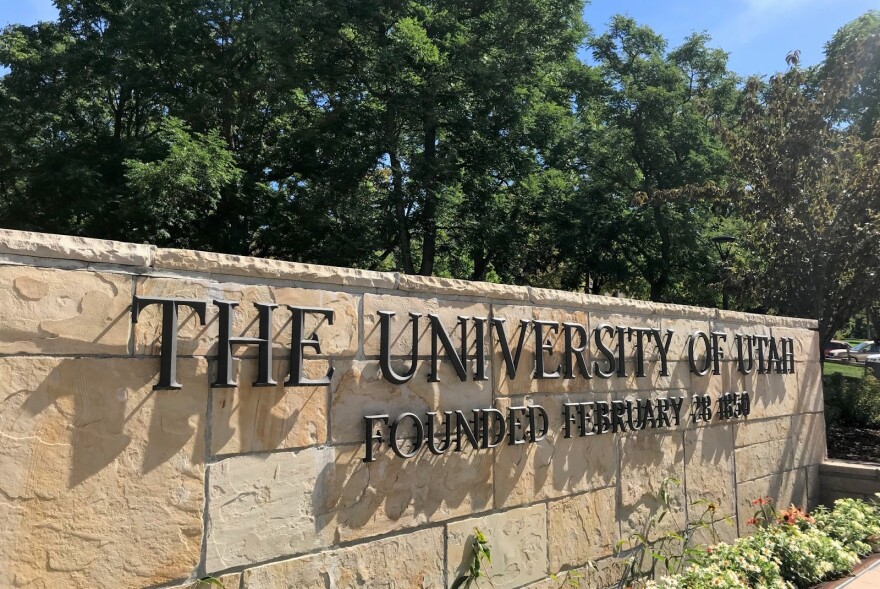Jeanette Hernandez Heltman may be two years out of college, but she often gets confused for a student at Granger High School in West Valley where she works. But that's kind of the point.
Heltman is one of 12 advisors currently in the Utah College Advising Corps. It’s a program started by the University of Utah nearly 10 years ago. It works somewhat like Teach for America. Recent college grads are recruited to spend one to three years working full-time in a Utah high school as a college advisor for seniors.
“High school students often are more comfortable talking with us than they are with maybe another counselor or teacher because they see us as kind of their peers,” Heltman said.
Heltman and others will only hold this job temporarily because the priority is that all of these advisors are fresh out of college themselves. The term the program uses is “near-peer.”
Heltman said she wants her students to know that college can look different for each of them.
“The four-year plan isn’t for everybody,” Heltman said. “Even if you just want to get a certificate, a one year certificate, and go into the job force, that is college.”
While Heltman makes herself available for all of Granger’s 800 seniors, her focus, along with all of the other advisors, is on low-income students and first-generation college goers. According to data from the University of Utah, Only 49 percent of Utah high school graduates make it to college immediately after high school. Nationwide, just 10 percent of students from low-income households end up earning a degree.
This is a major reason why Utah’s Board of Regents wants nearly 150 more college advisors all over the state.
Dave Buhler, the chairman of the Board of Regents, made the pitch to the board last week. According to data from the University of Utah, for every meeting with a college access advisor, students are 13 percent more likely to enroll in college.
Buhler didn’t have trouble convincing the board of the program’s importance but despite their approval, funding is still needed.
A year's worth of funding would require a reappropriate of $1 million of current education funding and an additional $6 million from the state Legislature.
The fate of the effort now lies with state lawmakers but if things go smoothly Utah could be the first state with a full-time college advisor in every high school by 2021.



